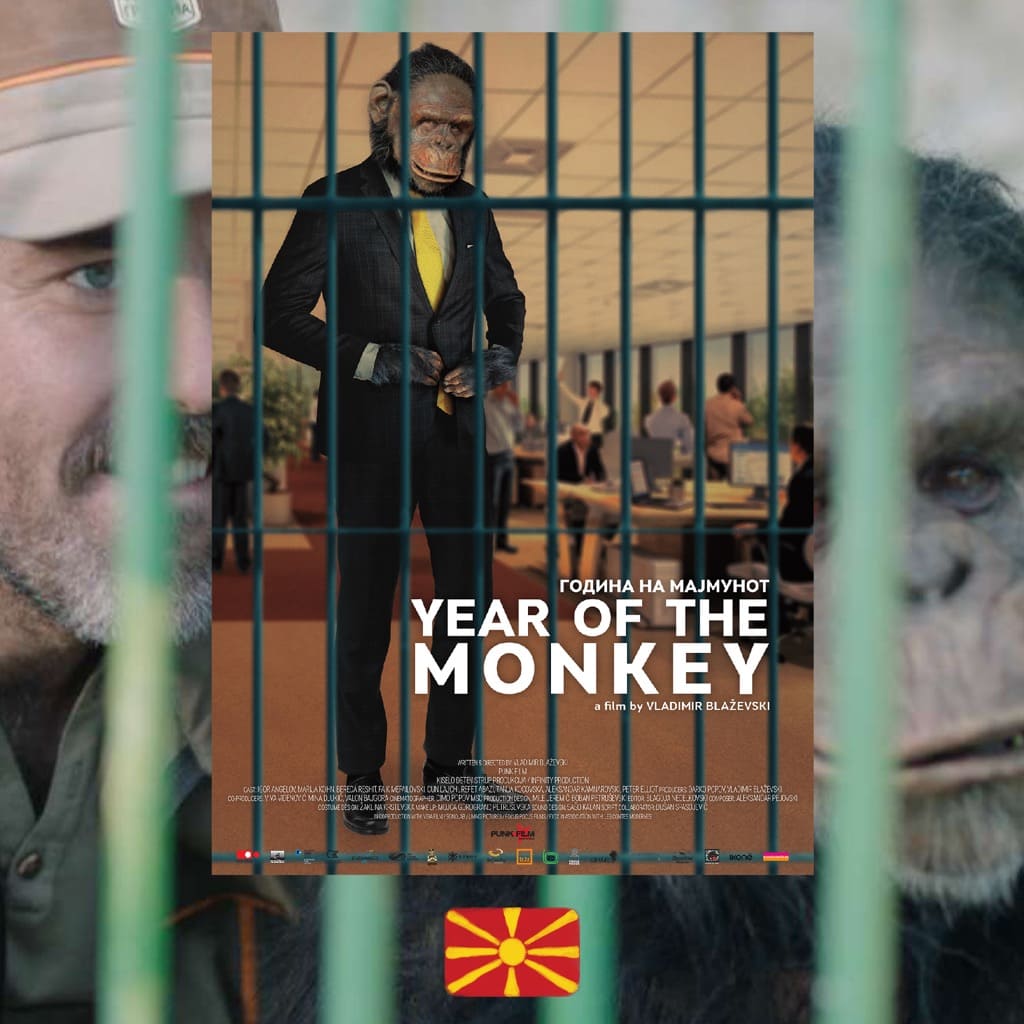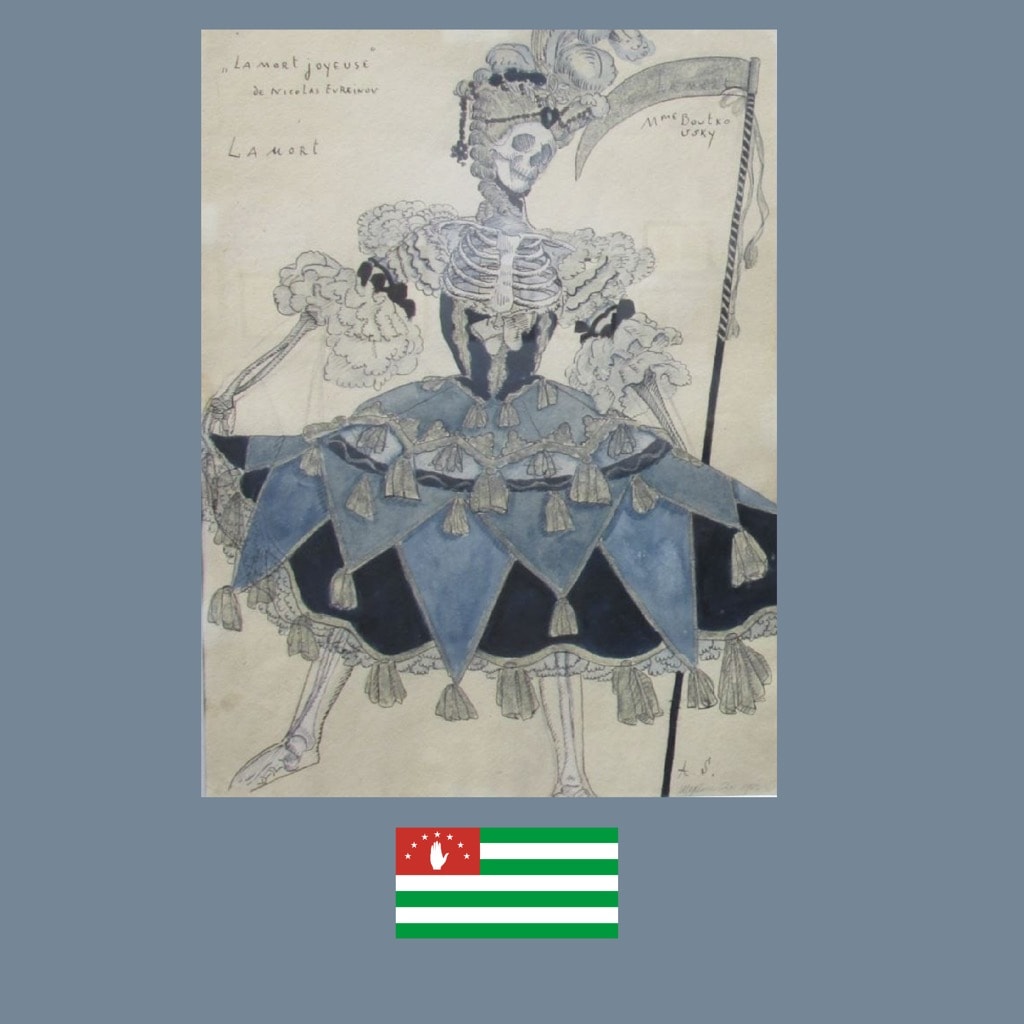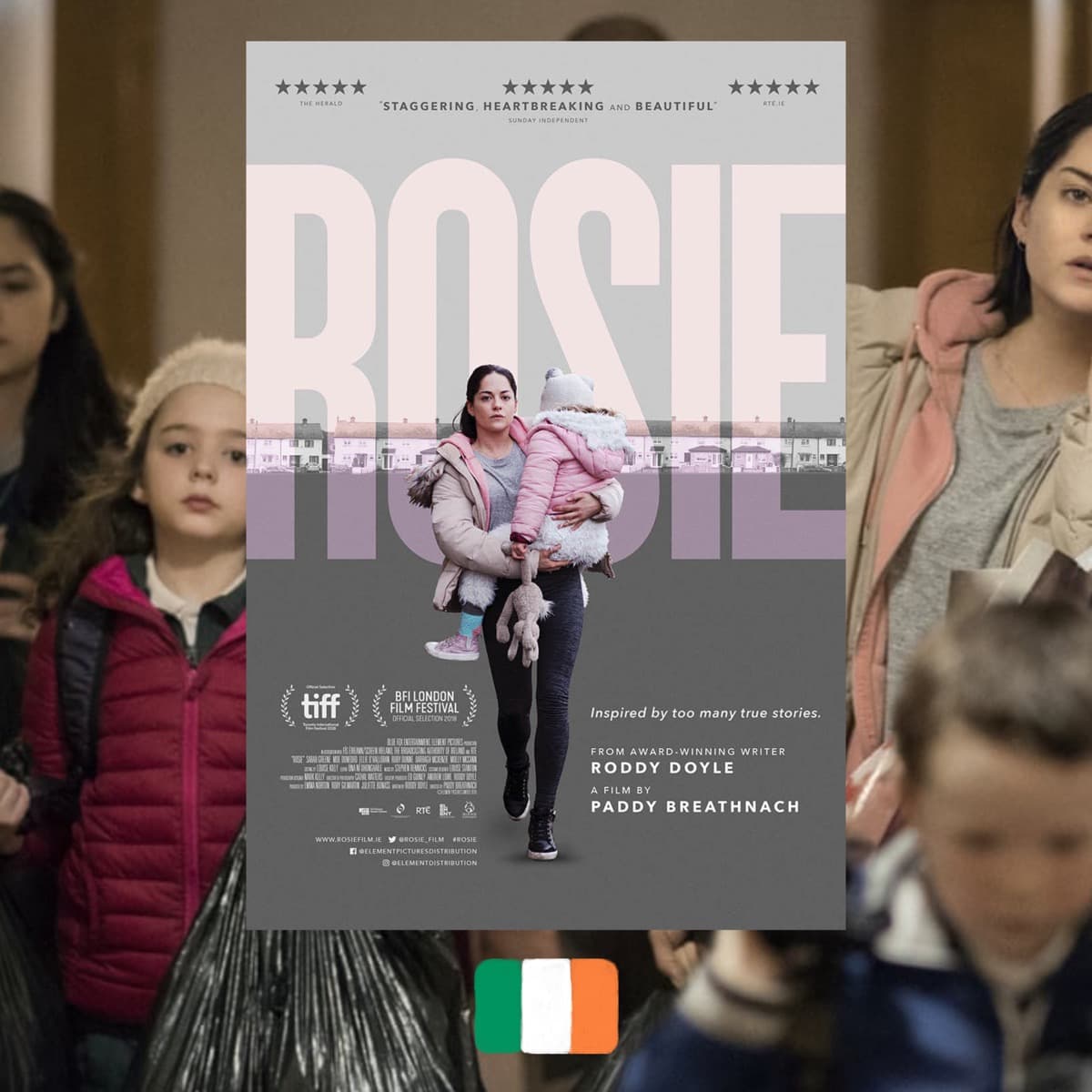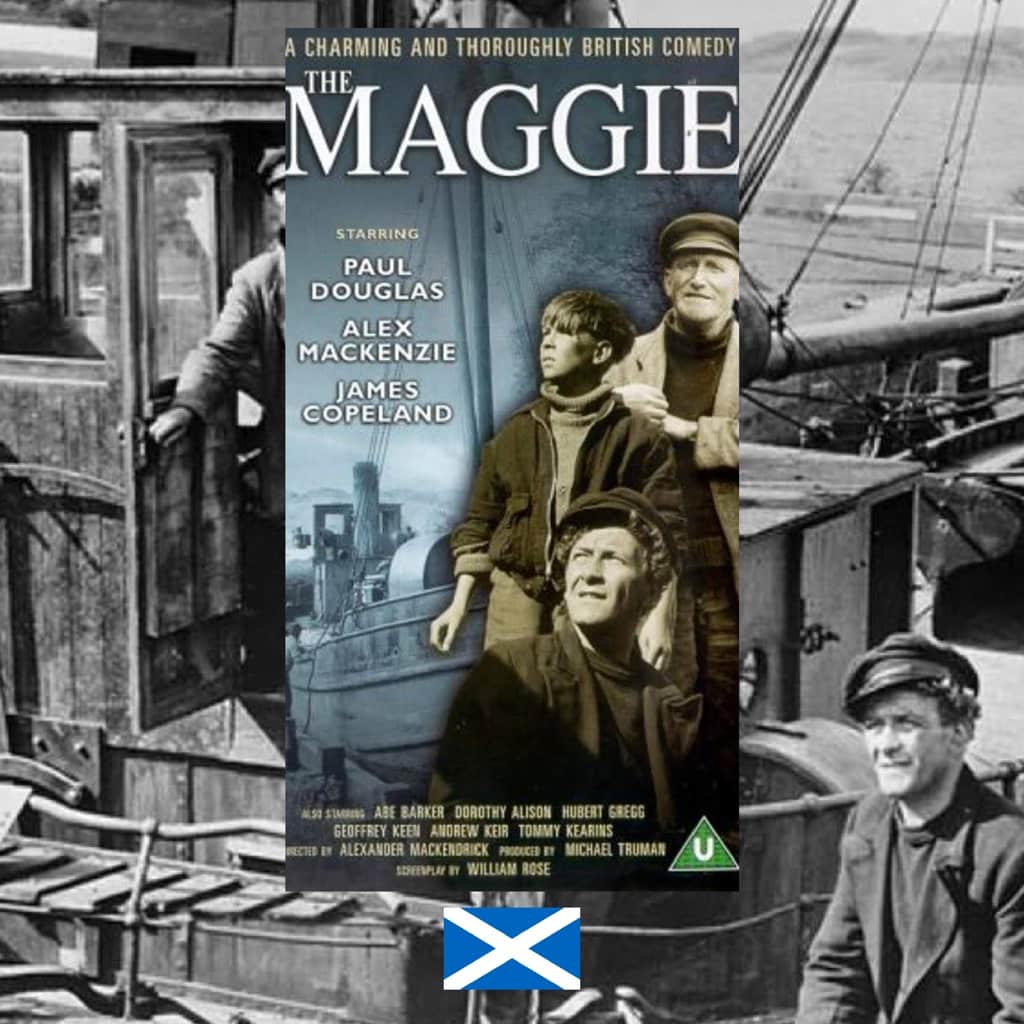A winemaking family, seasonal laborers and grapes blighted by a fungus in this rigorous documentary that offers an outsider’s exploration of the grind that goes into each glass of wine


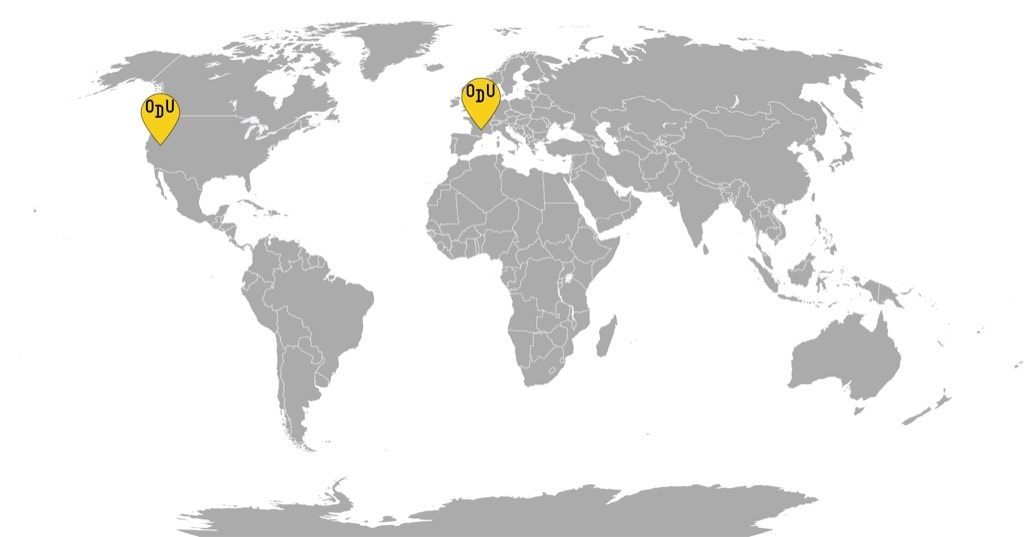
FROM FRANCE and UNITED STATES
WHAT IT’S ABOUT: Anselme Selosse and his family are heritage winemakers and growers for Jacques Selosse, a small but critically acclaimed vineyard producer in the Champagne region. Each harvest season, they have a flock of laborers come in to pick the grapes. Some of the men have been coming to the vineyard in for a quarter-century, and have become a sort of distant family. “Vas-y Coupe!” follows the laborers along with the Selasses, as they rise to the challenge of blight in the grapes and a need to restructure the practices to fit with the contemporary world, both at the harvesting and after it. The stark contrast between the lives of the winemakers and the laborers becomes an illuminating insight into the social and economic disparities inherent to France’s class structure.
WHO MADE IT: American Laura Naylor is not a newcomer: she has two feature documentaries behind her, “Duck Beach to Eternity” about a Mormon singles gathering and “The Fix” about ex-heroin addicts in the Bronx. She also made an animated short “Bartleby,” based on the Henry Melville short story, in collaboration with Kristen Kee.
The wine producer at the center of Naylor’s film, Jacques Selosse, has been one of the leading winemakers of the Champagne region for over half a century, despite their small output. Jacque’s son Anselme Selosse is now in charge, and he runs the business along with his wife Corinne and son Guillaume, who is expected to take over in the future. In addition to the vineyards, the family runs an inn adjacent to their property in the Avize region. While Jacques Selosse wines are available in retail, each bottle will set you back a couple of hundred dollars, at least.
The seasonal laborers featured in the film include the three most memorable figures: a younger man Miguel Delhaye, a tender father Samuel Delhaye and Michel Waret, who seems to have an extra-special relationship with the family. They all hail from Guise, a commune in the Aisne department in Northern France.
WHY DO WE CARE: An interesting piece of trivia that I discovered while preparing to write about “Vas-y Coupe!” is that Guise, the home of the film’s seasonal workers, is a remarkable locale in France’s labor history. In 1856, French industrialist Jean-Baptiste Godin heavily influenced by the writings of early socialist Charles Fourier, set up his Familiestère right nearby. It was a pioneering project that served to improve housing and services for the workers at his cast-iron manufacture—a utopian socialist enterprise that began right after the revolution and pre-dated the publication of “Capital.” Once Godin retired, he transferred the proprietorship of Familestère to a worker co-op. The communal project was in operation, with some discrepancies, for the next century, until the co-op was dissolved in the 1960s. In the 21st century, Familestère was made into a museum. While not connected factually to the plot of the film in any way, the history of Familestère makes for an excellent backdrop for the events in “Vas-y Coupe!” When the Selosse family welcomes the laborers for the season, they become engaged in a particular process, where the workers are not merely hired hands, but also guests, and therefore should be provided with room and board. And this is where the cultural divergence figures most. Instead of merely being provided with the necessities, the laborers are dined, wined, entertained, and even allowed space to get drunk and dance to “Despacito” in blissful abandon. This very warm and humane approach to hired labor is surprising when viewed through the prism of the American well-oiled capitalist machine that runs on austerity and measured incentives.
WHY YOU NEED TO WATCH: “Vas-y Coupe!” is an engrossing film in that its subject matter shifts based on the perspective of the viewer. Watching it as someone who has lived both in the US and France, while not being from either of the countries, I could see the different angles emerge depending on the point of view. What emerges either way is the plotline of the changes in the production, as well as the unpredictability of winemaking and the painstaking procedures lying behind every glass. This way, the film becomes a perfect antidote to the othering of labor that hides behind the goods we consume. Every single glass of wine, even not as expensive as a Jacques Selosse relies on a bunch of people working hard on the harvest and a winemaker agonizing over his crops.
Given that the director comes from the US, the focus on the approach to labor in “Vas-y Coupe!” becomes even more pointed. The sense of dignity permeating the work depicted in the film is overwhelming. It can seem subtle at first: on the surface, there are quotas that the laborers need to harvest in a given day, and Anselme tries hard to prevent them from drinking beer (the irony!) in the workplace, while the harvesters still cheat and try to sneak in a can to the fields. But in the negotiations, there is no dismissal of the worker that’s ubiquitous in the narratives of American production. The workers don’t need to fight for admission of their personhood when receiving the wages, although a conflict among the colleagues still takes place. When the workers have lunch, their fingers still warm and blackened with the soil, they eat beautiful fresh baguettes with perfect slabs of ham. When they dine, they taste some of the reserves from the vineyard’s previous years. The class distinctions between the winemaking family and the laborers are evident, of course. Especially when we see the latter depicted after the harvest, once they had returned to their families in Guise, where they have to penny-pinch. But all of it is still such a far cry from the disproportionate remove between the American working class and the much-discussed Californian wine caves where wealthy donors court politicians.
Even though “Vas-y Coupe!” strictly adheres to the verité principles and doesn’t offer insight on some of the things that beg for explanation, the film’s beauty is in the meditative approach to showing the labor of all who have a part in Jacques Selosse’s output. A thorough, faithful portrait of the winemaking toils, “Vas-y Coupe!” is an invitation to ponder the complexities of labor relations and modern concerns of exploitation, as well as a poetic exercise in aversion to capitalism and the damage it brings.
Vas-y Coupe!, 2019
Director: Laura Naylor
For more content like this sign up for our weekly newsletter
WATCH THE TRAILER


